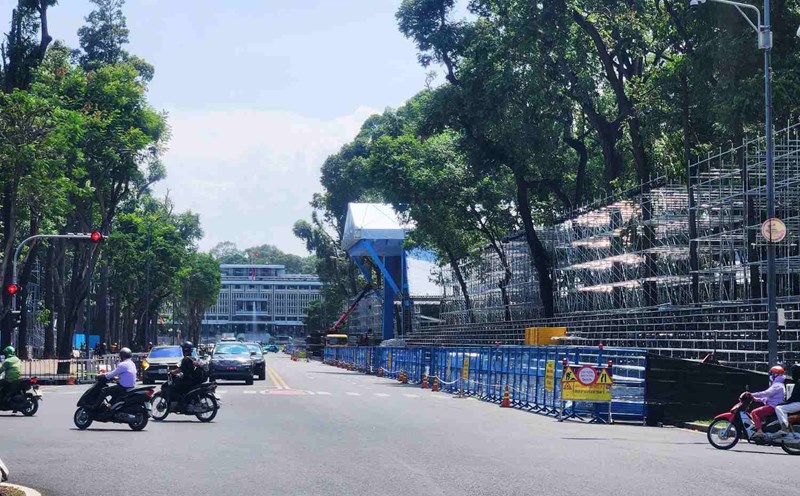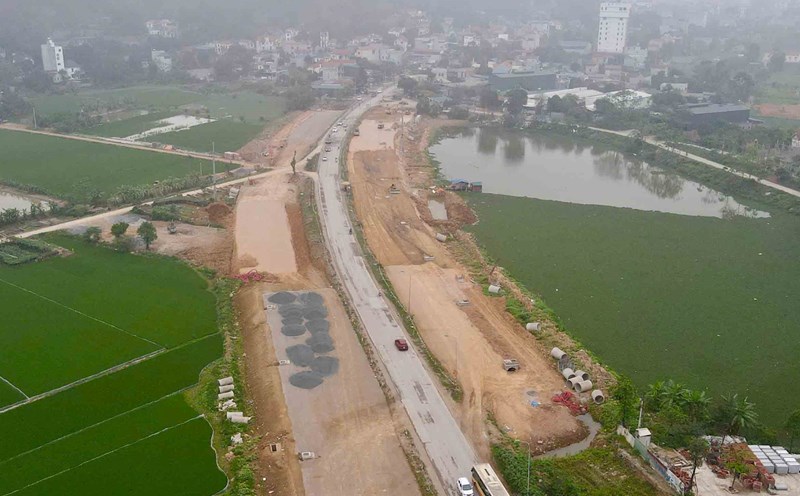Cold ice affect digestion
According to Dr. Ridhima Khamsera, a certified clinical nutritionist in India, drinking cold water or using cold foods such as smoothies and iced coffee can shock the digestive system, slow down the activity of digestive enzymes and affect the absorption of nutrients.
When cold water enters the body, it causes the blood vessels in the digestive tract to temporarily shrink. This reduces blood flow to the stomach, causing digestive activity to slow down.
Cold water can cause fat in food to accumulate, making it harder for the body to break down, especially after meals rich in oil.
In addition, mild dehydration in hot weather causes the body to withdraw water from the intestines, slowing down bowel movements, leading to constipation. High temperatures also reduce the amount of beneficial bacteria in the intestines, causing the immune system and digestion to weaken.
Especially in the summer, harmful bacteria multiply faster, increasing the risk of food poisoning if salad, seafood or leftover food is not carefully preserved.
Things to do to protect your gut in the summer
Prioritize warm drinks: Instead of ice water, choose warm herbal teas such as ginger, fennel or mint. A glass of warm lemon water in the morning helps provide water, supports the liver and improves digestion more effectively than cold water.
Supplement probiotic-rich foods: In addition to yogurt and kimchi, you can try fermented coconut water or soaked mango. These are beneficial sources of bacteria that help restore the gut microbiome affected by heat stress.
Electrolyte Bu correctly: Heavy sweating causes the body to lose sodium, potassium and magnesium. These are important substances for bowel movements. If you don't have enough water, choose natural coconut water, mint water or mix a rehydration solution at home (water + salt + a little honey).
Eat small, light meals: Eating less but regularly helps the digestive system work more effectively in hot weather. Prioritize easy-to-edible dishes, limit too much raw food.
Things to avoid to avoid harming your belly
Avoid ice cream after meals: Cold water thickens the fat in food, causing bloating and slowing digestion. If you drink it, you should sipped it in small sips and avoid using it right before or after meals.
Do not leave food outside for long: If the food is left above 32°C for more than an hour, bacteria can thrive. Be careful with leftover food.
Limit industrial sweets: Cocktails, creams, and sugary drinks that fuel harmful bacteria, cause inflammation, and bloating. Instead, choose frozen fruits like bananas or mangoes.











